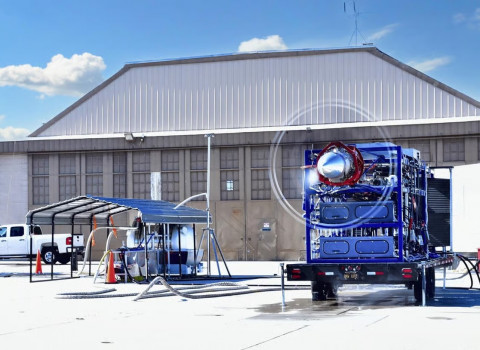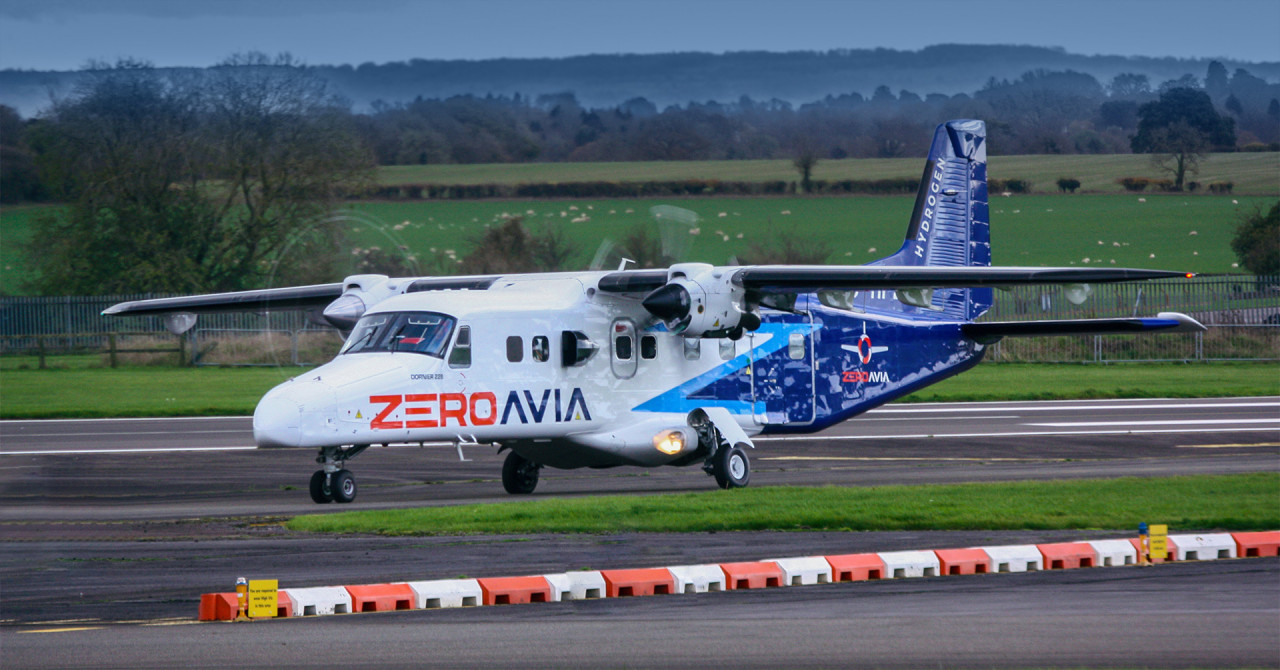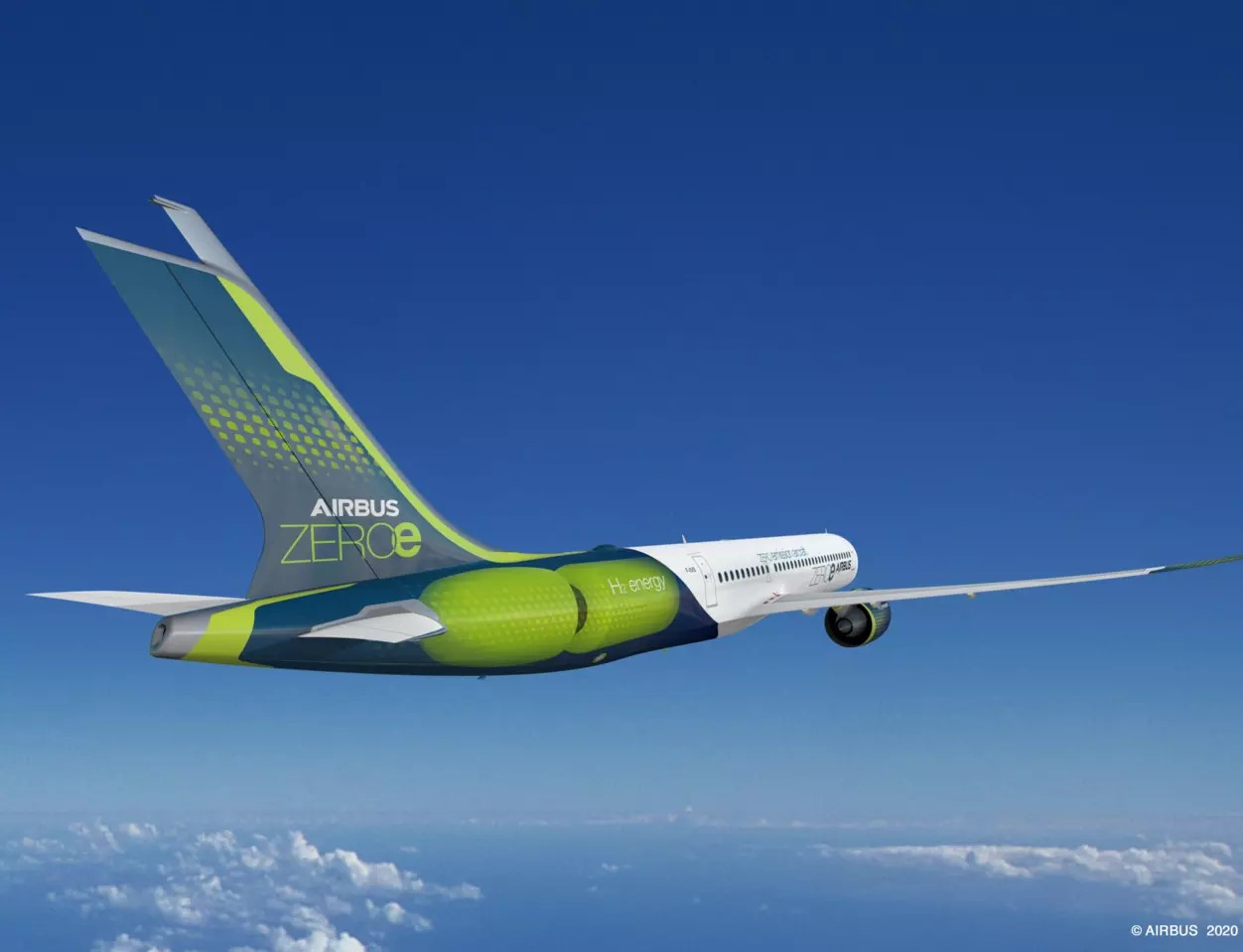Airbus would require laboratory validations equivalent to a technology readiness level (TRL) of 3 or 4, according to Mathias Andriamisaina, head of ZEROe demonstrators and testing, in order to choose a propulsion system for its ZEROe hydrogen aircraft in 2026–2027, as reported by Aviation Week.
The contest is essentially between the two prime technological pathways that are currently identified for zeo-emission hydrogen-based propulsion for aviation. This includes either burning the hydrogen fuel in a aviation turbine, similar to the current engines using ATF, or using the fuel in a fuel-cell system to generate energy.
While the former technology presents a light-weight option and easier transition to hydrogen using existing aircraft designs and engine aggregates, the fuel cell option is considered as relatively efficient than hydrogen combustion.
Speaking at the recently held Clean Aviation Annual Forum in Brussels, Andriamisaina said that the TRL must reach the Level 6 involving real-world validations before the actual launch of the hydrogen aviation program in 2028-29. Airbus is targeting commercial service of its H2 aircrafts by 2035.

Universal Hydrogen test MW-class fuel cell powertrain using its liquid H2 module
He added that Airbus is working to be a catalyst for the emergence of a hydrogen ecosystem by studying aircraft configuration, performing flying demonstrations, and maturing technologies until 2026-27. Calling the process as 'product selection', he noted that a broader decision on propulsion and beyond will be arrived at in next 2-3 years.
Airbus is aiming for aircrafts with a passenger capacity of 100-200 seats and a maximum range of 1,000 to 2,000 nautical miles. The manufacturer is said to be studying two engines - a turboprop and a turbofan powertrains for small and higher capacity aircrafts respectively, aided by hybridization technologies.
The company is reported to have conducted large-scale demonstrations of the turbines in this regard, including the 'Iron pod' 1.2 MW fuel cell and electric turbine since late 2023, and demonstrations with the pumps required for hydrogen combustion, Andriamisaina revealed.
It is reported the aircraft trials with hydrogen combustion turbine and liquid hydrogen storage and supply system is scheduled towards the end of 2026 and may last for about two years. Airbus is also expected to strategize accordingly for the development of hydrogen support ecosystem for both testing and commercial operations after the product launch.
(With inputs from Aviation Week)

Hydrogen for sustainable aviation: Where are we now?
Read More

